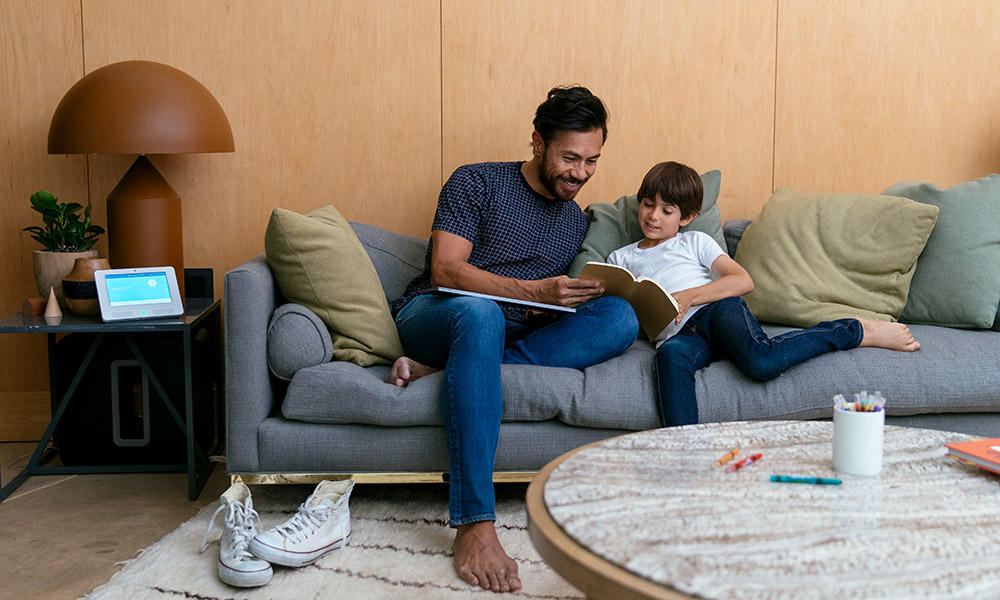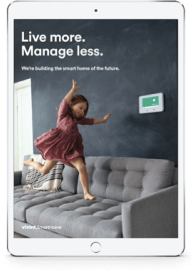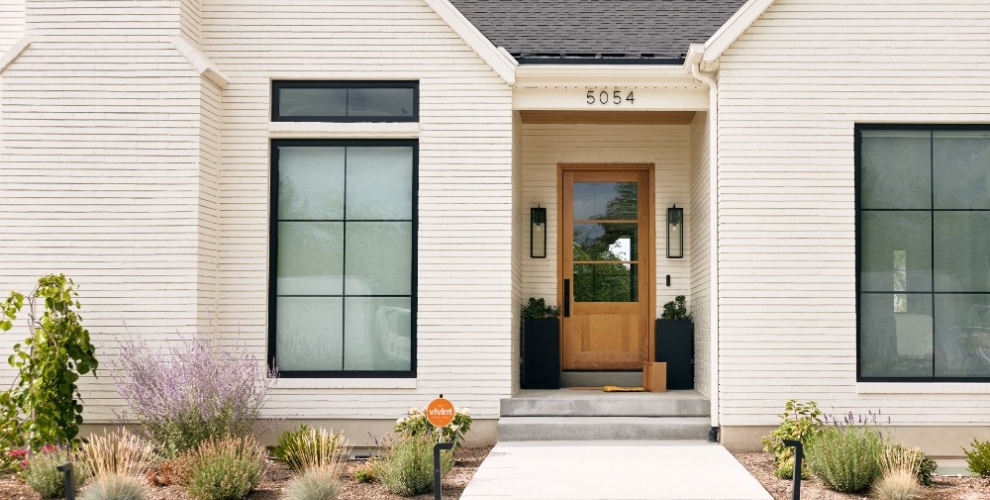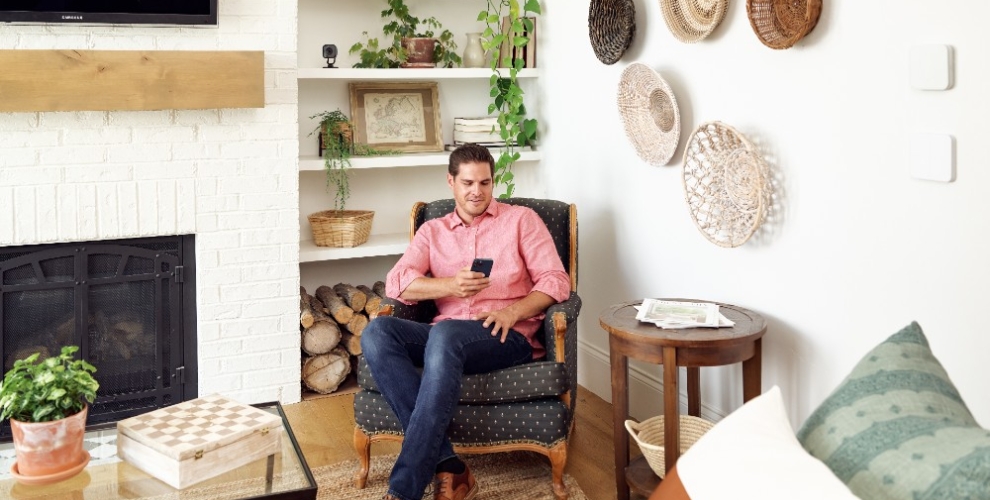
Being a caregiver is a challenging and life-changing role. Caregivers face a number of challenges as they care for a loved one in need, including trying to manage limited time, and making sure loved ones are safe and secure.
Individuals and families who serve as caregivers for children with special needs often face additional demands to ensure the safety of their children.
Smart homes provide relief for caregivers
Smart home technology can simplify and improve life for both caregivers and the loved ones they care for. This is perhaps best illustrated in the way smart homes can save time for busy caregivers, including:
- automating home control features like lighting, locks, and temperature control.
- using voice commands to control smart home products.
- knowing where kids are and what they're doing with sensors and cameras.
- the ability to control your home from anywhere from your phone.
It's one thing to read about the features of a smart home, but the real power is realized when you see how it's helping actual caregivers care for children with special needs.
Here are three such stories.
Knowing where her child is brings peace of mind
Tereka Chance, from San Antonio, Texas, is a caregiver to Amari, her autistic son. A child on the go, Amari likes to move about freely, both inside and outside the home. While this is great for Amari, it causes concern for Tereka, wondering what he's up to.
The door sensors and cameras integrated into Tereka's smart home notify her of his activity, helping her know when Amari is on the move.
Helping parents care for a child with Down snydrome
Scott and Oakley Peterson are parents to Welles, a child with Down syndrome. Welles is a happy, active child, but it's sometimes difficult for him to communicate his needs. The Peterson's smart home has helped them keep track of Welles and make sure he's safe.
Monitoring a nonverbal child on the move
Owen King is a 100 percent nonverbal child. Like most children, he loves to explore. But his wandering nature has led to challenges for his parents who have to keep an almost constant eye on their son who doesn't always understand potential dangers.
Door sensors chime whenever Owen's bedroom door opens or the front door opens, so his parents know his comings and goings. Security cameras also help them monitor Owen, which has provided comfort and time to relax.
While a smart home can't take away all challenges faced by caregivers, it can help free up time, solve common problems, and most importantly provide needed peace of mind.



